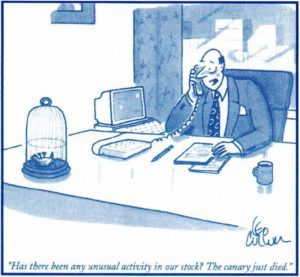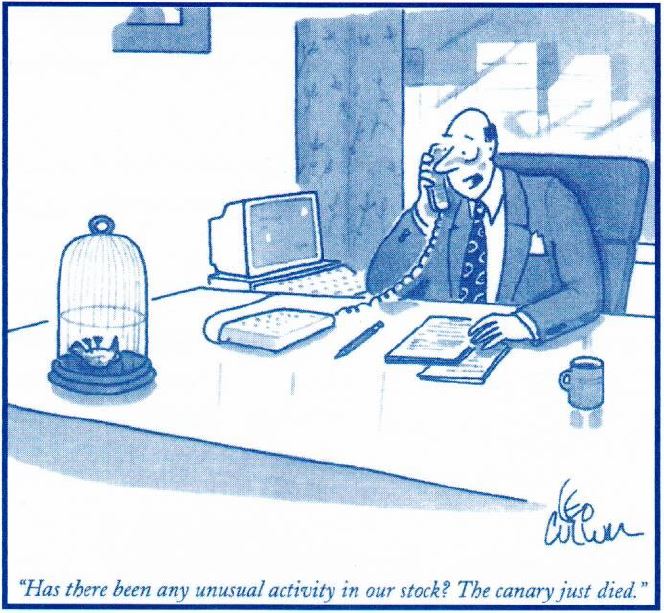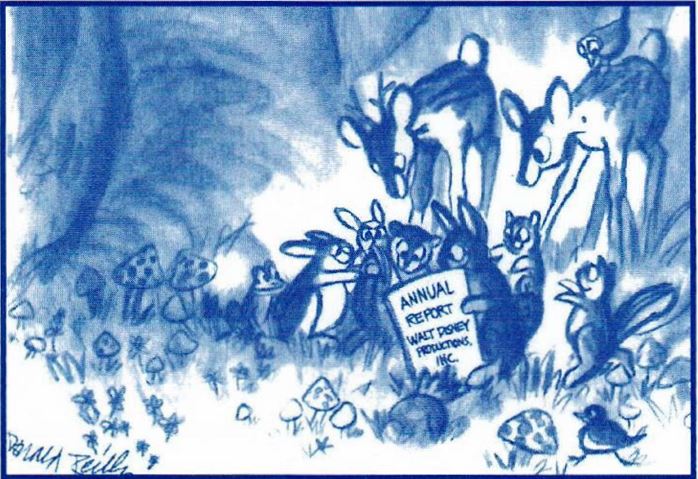 The U.S. economy is bifurcated. Jobs, personal income, auto sales and savings are in the plus column on the consumer side. Housing is reasonably affordable and undersupplied relative to the formation of new households. On the industrial side, manufacturing growth has slowed to a snail’s crawl due to a stronger dollar and a slowdown in emerging economies. Domestic inventories are elevated and need to be worked down.
The U.S. economy is bifurcated. Jobs, personal income, auto sales and savings are in the plus column on the consumer side. Housing is reasonably affordable and undersupplied relative to the formation of new households. On the industrial side, manufacturing growth has slowed to a snail’s crawl due to a stronger dollar and a slowdown in emerging economies. Domestic inventories are elevated and need to be worked down.
The good news is that non-manufacturing is holding up, housing continues to recover and jobless claims are at multi-year lows. Economic growth in 2016 is expected to be in the 2% to 3% range. Hardly vibrant! The U.S. increasingly looks like every other developed economy with weak industrial production, weak manufacturing, weak trade, solid housing, decent domestic consumption and decent growth in the domestic service industries.
Wage growth needs to accelerate enough to spur active consumption and re-vitalize business sales. Rising wages that exceed productivity growth force firms to accept lower profits or raise prices. Deflation makes it is difficult to increase prices; and profits are suffering. The growth of profits will be constrained further by tighter access to credit, which undermines business confidence.
The growth in federal income tax receipts has slowed to zero, which confirms profit woes. Profitless economic growth is unsustainable if companies are facing lower profits and squeezes in profit margins. Rising wage costs and shrinking sales are pressuring profit margins at a time when corporate balance sheets have been damaged by several years of heavy debt issuance. Companies are likely to slow their hiring, reduce capital expenditures (capex) and cease buying back their stocks. Two-thirds of industries fail to keep their prices on pace with core inflation because they are cutting prices or are unable to raise prices by more than 2%. Revenue growth is evaporating.
Though stock markets have declined, sufficient evidence is lacking to forecast a looming economic recession. Recent data confirm that deterioration in economic progress is occurring; but fails to indicate that a recession is nigh. The dollar could weaken and stabilize the economy, which would provide needed relief throughout the world through looser monetary conditions. Higher energy prices would help stabilize the affected industries and create relief of their pain.
Consumers are saving more and spending less while businesses are hesitant at expanding and hiring. Animal spirits are dampened.
At Spectrum Asset Management provide our perspective and strategies to help our clients build wealth, transfer assets and values across generations


